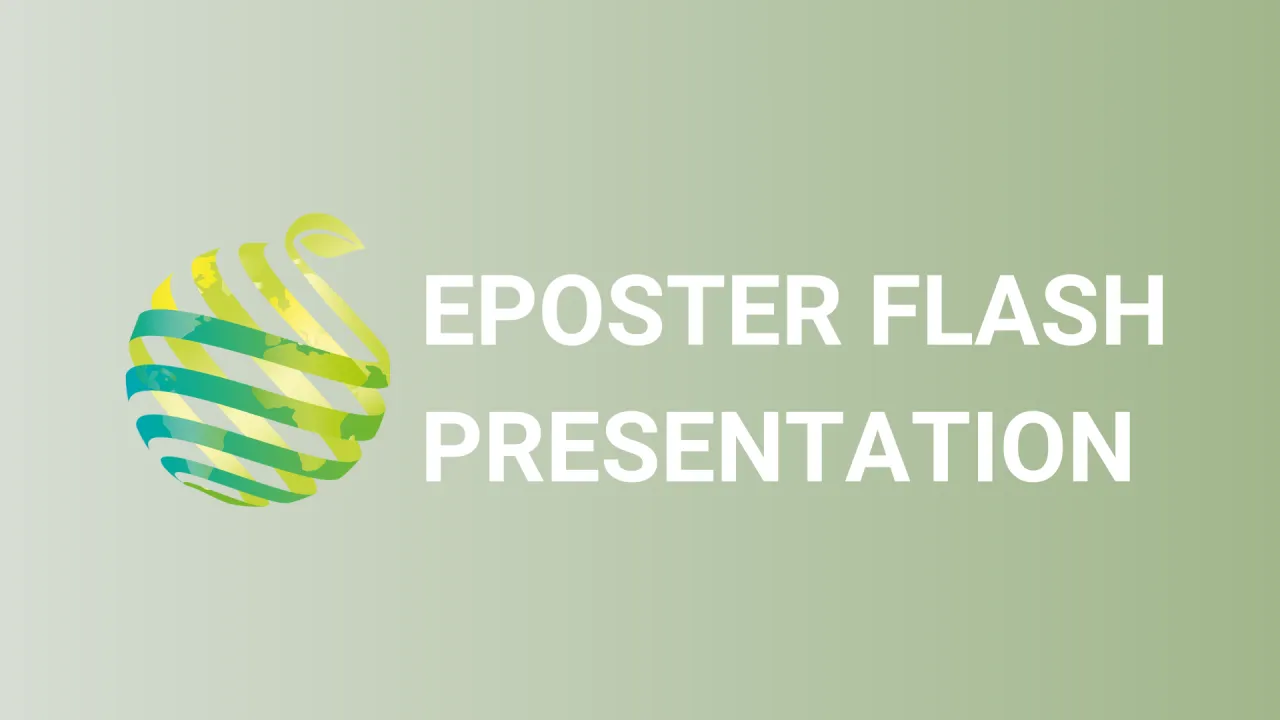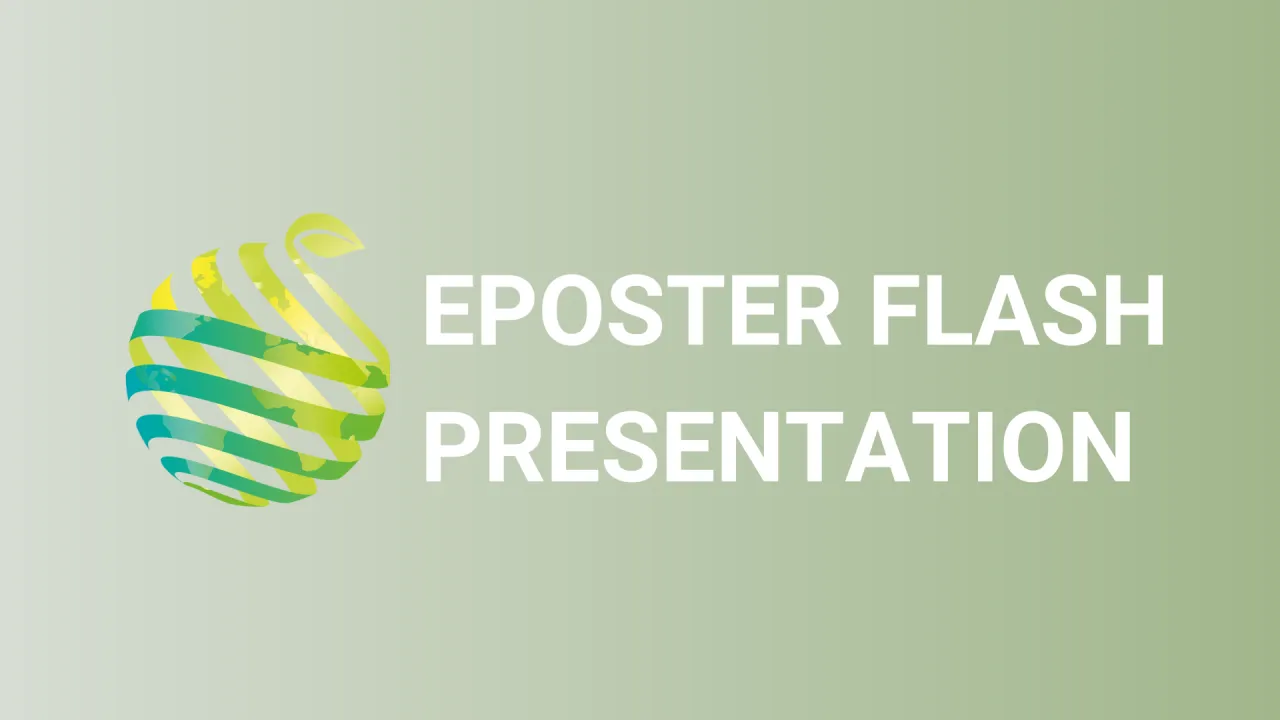

S06 - Session P1 - Cropbox: A modeling framework for horticultural crop models
Information
Authors: Kyungdahm Yun, Soo-Hyung Kim *
The use of computer models is an integral part of research and education in many disciplines including horticulture and crop science. Crop models are used widely in horticuture for making cropping decisions that are resource-use efficient and sustainable in both field condtions and controlled environments. Process-based crop models simulate growth, development, and performance of crop plants by encapsulating the underlying physiological processes, and their coordination and integration at the whole-plant and crop scales in response to environmental and management factors. For crop modelers, the mastery of a unique set of skills and knowledge from diverse disciplines including plant science, soils, meteorology, applied mathematics, statistics, and computer programming is critical. However, the fluency in quantitative science and computer programming remains as a bottleneck for students and researchers in horticulture, crop science, and related disciplines for becoming a transdisciplinary expert in crop modeling. We introduce 'Cropbox' as a platform to teach, learn, and do research in horticultural crop modeling. Cropbox ( https://github.com/cropbox ) as a modeling framework provides a domain specific language that automatically interprets the relationships of state variables and systems, generates relevant relational diagrams, and create codes translated into Julia programming language. The primary rationale for developing Cropbox was to facilitate and streamline the process of building and applying process-based ecophysiology models for students and researchers in horticulture and crop science while reducing their time and effort spent on programming related tasks. We have used this modeling framework for teaching plant modeling and ecophysiology courses, and for workshops on crop modeling in which horticultural crop researchers were the target audience. Here, we provide an overview of the Cropbox modeling framework, share our experience with using Cropbox for teaching and research, and discuss current state and future improvements of this framework as a tool for crop modeling.